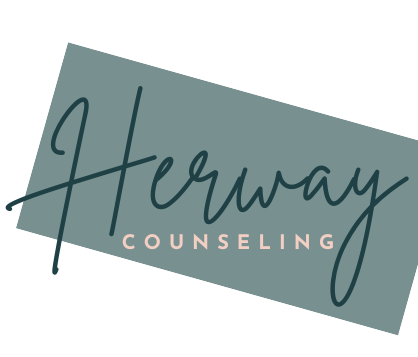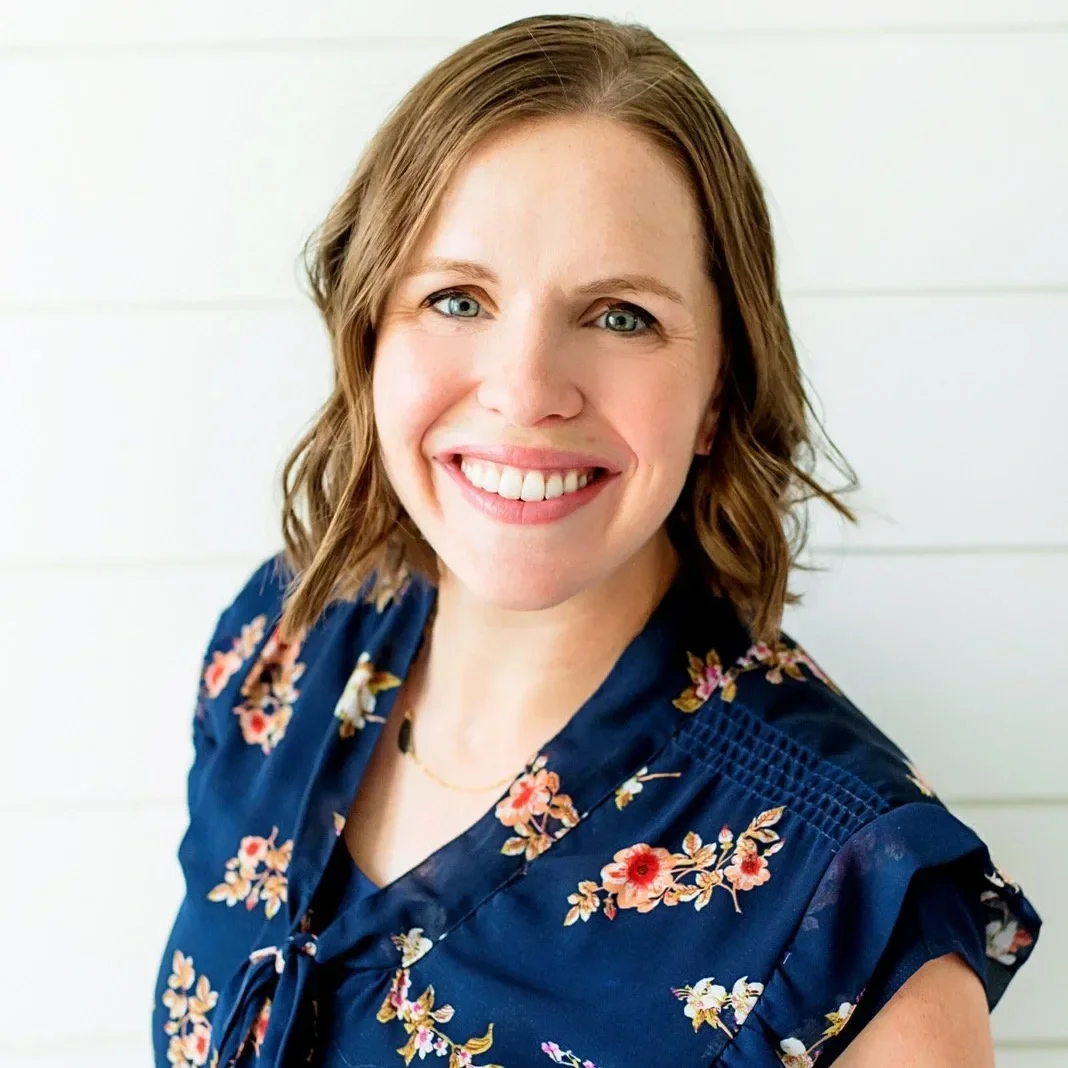
Meet Nicole Herway, MSW, LCSW
I believe you can uncover your strengths, gain clarity, and create lasting change.
Have you felt helpless to change the patterns hurting your relationships—or to quiet the anxiety and second-guessing that come with trauma or divorce?
You’re in the right place.
If you’ve spent years people-pleasing, walking on eggshells, or repeating the same relationship patterns, you’re not broken—you’re coping. My job is to help you understand those patterns, calm your nervous system, and practice new skills so connection feels safer and more sustainable, whether you’re healing from trauma, working on your relationship, or navigating divorce.
I started my career as a Recreation Therapist with the Department of Veterans Affairs, which taught me to pair evidence-based care with practical, body-informed tools you can actually use between sessions. After completing my MSW (Mental Health, University of Utah), I spent eight years in settings that shaped how I work today: inpatient treatment, domestic violence shelters, foster care and adoption, hospital social work, and outpatient therapy. Those environments gave me steady hands for crisis, complex trauma, and high-conflict dynamics—and a deep respect for pacing and safety.
In 2020 I opened my private practice so I could focus on what helps most: targeted, skills-forward therapy grounded in strong relationships. I’m a Licensed Clinical Social Worker in Utah and a doctoral candidate in Marriage & Family Therapy (Systemic Theory) at the University of Louisiana–Monroe. I’m trained in EMDR (EMDR Institute) for trauma processing and in the Gottman Method (Level 1) for strengthening communication, trust, and repair. Together we’ll set clear goals, measure progress, and adjust as we go.
We’ll talk about hard things—and we’ll make room for humor and relief, too. Outside the office, you’ll find me recharging with my family in the mountains and lakes near home. If you’re ready to feel more grounded, set boundaries that stick, and build healthier relationships, I’m here to help.
How I Work
Therapy with me isn’t all sitting & talking. We’ll also work on real, practical skills that you can apply to your day-to-day life.
In session, we’ll map the patterns that keep you stuck and practice tools you can use the same week—whether that’s calming your nervous system, setting a boundary that holds, or having a hard conversation without it derailing. I blend EMDR for trauma with skills from Gottman/EFT for relationships (plus CBT/DBT when helpful), so you get both depth and structure. We’ll set clear goals, track progress, and keep the work compassionate, paced, and—yes—human (humor included).
Scripts & frameworks for boundaries, repair, and co-parenting (e.g., BIFF, “gentle start-up,” time-outs).
In-the-moment regulation tools you can lean on: grounding, breathwork, and body cues literacy.
EMDR to safely process trauma, with stabilization and after-care so gains stick.
A clear plan with measurable goals and between-session practice, so change shows up in real life.
“Instead of criticism, bring curiosity. Instead of confusion, find clarity.” —Nicole
My core values
These core values are the foundation of how we’ll work together—so you know what to expect, and why it feels safe to do hard, meaningful work. They guide how we set goals, give feedback, and pace the process, especially when we’re untangling trauma responses, repairing relationship patterns, or finding steadier footing during divorce.
They guide how we set goals, give feedback, and pace the process, especially when we’re untangling trauma responses, repairing relationship patterns, or finding steadier footing during divorce.
And yes—humor matters here, too. We’ll talk about real pain and tough patterns, but we’ll also keep room for lightness and a little laughter, because feeling human together makes change possible.
Respect
I honor your story, your pace, and your boundaries. We set clear goals together and work in ways that feel safe. In trauma work, divorce transitions, and tense relationship patterns, respect creates the stability you need to risk trying something new.
Empathy
I work to understand how your experiences shaped your reactions—fight, flight, freeze, or fawn—so we can reduce shame and make room for choice. Empathy helps you feel seen, which lowers defensiveness and opens the door to healthier connection.
Compassion
We hold both kindness and accountability. Instead of criticizing yourself for coping, we’ll validate why those strategies formed—and build better ones. Compassion keeps the work steady in trauma recovery, co-parenting upheaval, and relation
Honesty
You’ll get clear, direct feedback and practical guidance—no jargon, no sugarcoating, no shaming. We name patterns, measure progress, and adjust the plan together so you always know what we’re doing and why it matters.
Collaboration
Therapy is a team effort. We co-create goals, choose approaches that fit (e.g., EMDR for trauma, skills for communication and boundaries), and track what’s working. Collaboration empowers you to carry the gains into daily life and relationships.
Nonjudgmentalism
All parts of you are welcome here. Whether you’re navigating trauma responses, a difficult breakup, or high-conflict co-parenting, we focus on understanding—not blaming. A nonjudgmental space helps you move from self-criticism to confident, values-aligned action.
My Background & Training
Education & Licensure
MSW with a focus on Mental Health, University of Utah
Doctoral Candidate in Marriage and Family Therapy with an emphasis in Systemic Theory
Licensed Clinical Social Worker in the State of Utah since 2016, # 8021142-3501
Trainings & certifications
EMDR Certified
Gottman Method Level 1
AFCC-Informed Therapist
Member, Women in Private Practice
Additional advanced training in: IFS, CBT, DBT, MI and ACT






